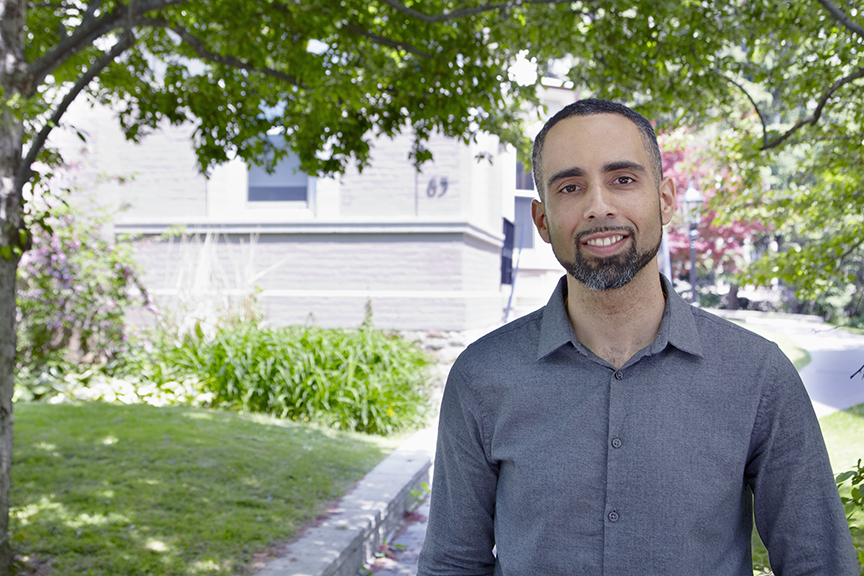Criminology and Sociolegal Studies
Program Overview
The primary aim of the graduate program at the Centre for Criminology and Sociolegal Studies is to provide students with opportunities for advanced multi‑disciplinary study and supervised research experience in the areas of crime, the administration of criminal justice, and social studies of law and regulation.
The program familiarizes students with existing bodies of criminological and sociolegal research, and develops critical, analytical and methodological skills. It is not a training program in forensic science, nor in professional legal studies. Rather, it is designed to educate students for careers in teaching or research, as well as jobs in which the ability to evaluate criminological or sociolegal research critically is necessary or desirable.
The graduate program is identified with two fields: criminology and sociolegal studies.
- The criminology field includes the study of patterns in crime, criminal behaviour, and the administration of criminal justice. Subject areas include, for example, theories of crime and order, politics and crime, the psychology of criminal behaviour, policing, the criminal process, sentencing, penology, youth crime and justice, and criminal justice history.
- The sociolegal studies field includes the study of how various types of law (e.g., criminal, civil, administrative, regulatory), as well as different mechanisms of social regulation, are used to prevent manage and sanction harmful conduct and effect security. Subject areas include, for example, theoretical perspectives on law and society; regulation, law, crime, and the economy; and, risk, regulation, and security.
Students may also be interested in the combined degree program in Law, Juris Doctor / Criminology, Master of Arts (JD/MA).
Quick Facts
| Domestic | International | |
|---|---|---|
| Application deadline | MA, PhD: Fall 2024 entry 08-Jan-2024
| MA, PhD: Fall 2024 entry 08-Jan-2024
|
| Minimum admission average | MA: B+ PhD:A-minus average in Master’s | MA: B+ PhD:A-minus average in Master’s |
| Direct entry option from bachelor's to PhD? | PhD: No | PhD: No |
| Is a supervisor identified before or after admission? | PhD: Before | PhD: Before |
| Is a supervisor assigned by the graduate unit or secured by the applicant? | PhD: Applicant | PhD: Applicant |
| Are any standardized tests required/recommended? | MA, PhD: No | MA, PhD: No |

“I have worked with several community partners to improve the outcomes of racialized and marginalized youth in the GTA.”
- Julius Haag
- PhD Candidate, Criminology & Sociolegal Studies
